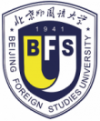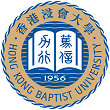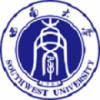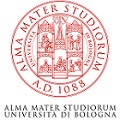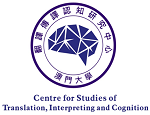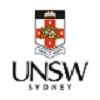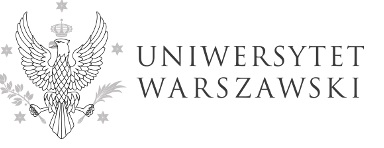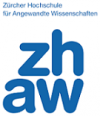This article presents research which aims to evaluate the validity of two teaching proposals for translator training in a blended learning mode: Introduction to translation and Technical-scientific translation. Details are given of the teaching theory from which the design of the proposals is drawn (competence-based training and task based approach), of the concept of blended learning, and of the tools that might be used. Next, the methodology employed to conduct the research and the selection process for the teaching units under investigation is presented. Finally, the research phases are described (pilot study and experiment), along with the data collection instruments, data analysis and results obtained. The validity of the teaching proposal and the multiple advantages of blended learning are established by the research: it permits timetable flexibility and the freedom to organize the workload, it encourages group work and promotes student autonomy and responsibility.




